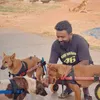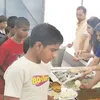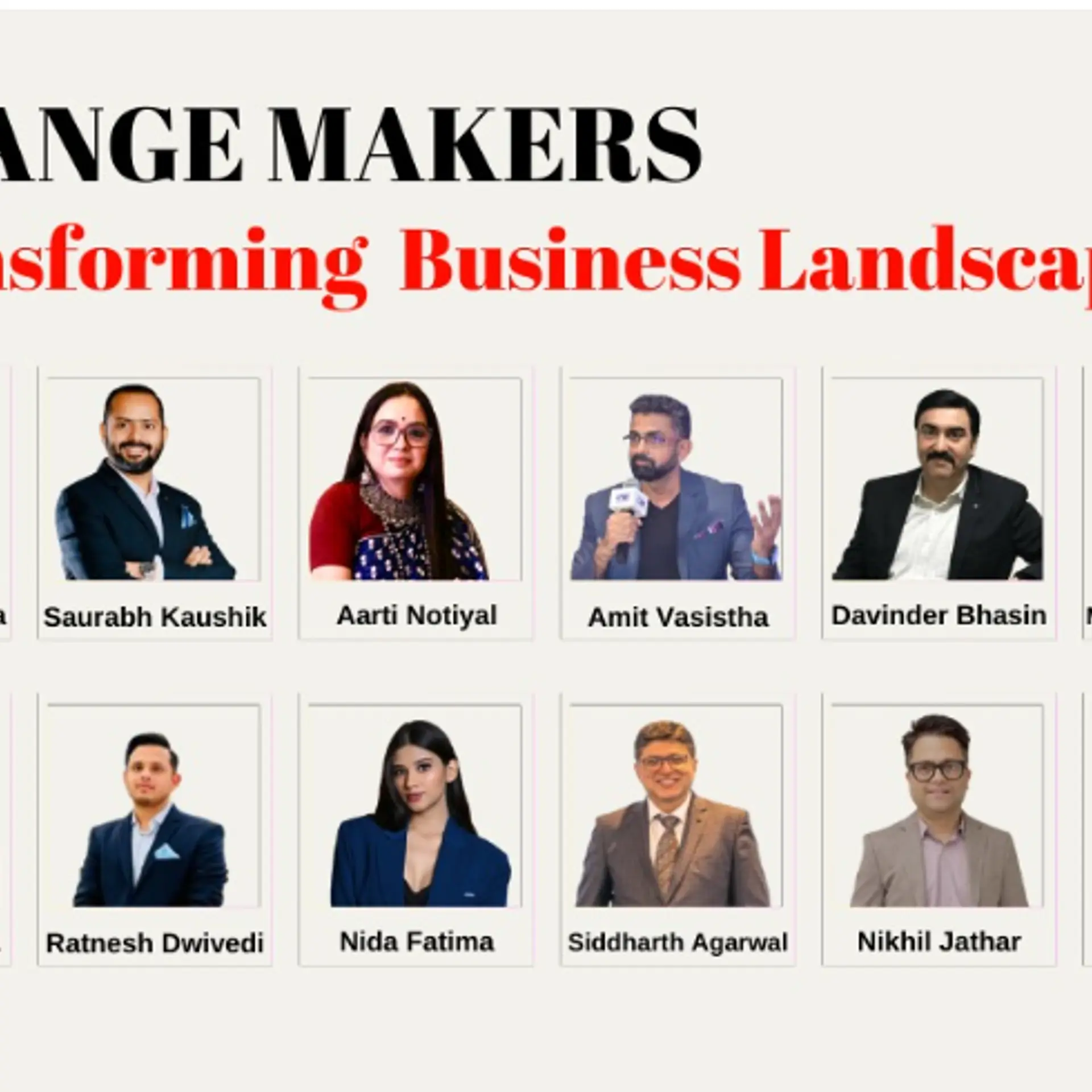How India’s NGOs are coming together to uplift the marginalised amid COVID-19
Many non-governmental organisations across the country are engaged in providing essentials like food, medicines, and personal care items to the poor during the lockdown.
In these times, stocked refrigerators and safe shelters are big blessings to have. However, not everyone has the means for this. The 21-day nationwide lockdown to control the spread of coronavirus in India has affected the livelihood of thousands of people.
While slum dwellers and daily wage workers are struggling to earn their daily bread, migrant labourers have also been left without work, with some having walked back to their hometowns.

Several state governments, including that of Haryana, Punjab, Uttar Pradesh, Kerala, and Himachal Pradesh, have already launched relief funds to help those in need. Finance Minister Nirmala Sitharaman also announced a special package amounting to Rs 1.7 lakh crore for the same purpose. But, it is not just the government which is stepping forward, a slew of non-governmental organisations across the country are charging ahead to alleviate the conditions.
Here are some organisations which are working on easing the distress of people:
Uday Foundation

Uday Foundation is a Delhi-based non-profit organisation that primarily works to make healthcare accessible for the underprivileged.
And now, it has kicked off a drive to provide coronavirus care kits to the poor. They have set a target to distribute over 2 lakh hand sanitisers and soaps, and also feed at least 50,000 individuals. Through this, the foundation is looking to assist the homeless living on the streets.
Goonj

Goonj, another NGO located in Delhi, has been putting in efforts to alleviate poverty and enhance the dignity of the impoverished by collecting urban discard and processing them to a usable form for further distribution.
Now, the organisation is collecting donations to provide packages to daily wage workers. With essentials like dry ration and personal care material, their team is looking to reach out to over a million people.
Habitat for Humanity

Mumbai-based Habitat for Humanity is gathering funds to distribute items like masks, soaps, hand sanitisers, and even instructional material on personal hygiene items wherever there is a shortage. The NGO is keen on delivering them door-to-door through community and health workers. In the meantime, it has partnered with the government of Maharashtra to do the needful.
Youth for Unity and Voluntary Action (YUVA)

Youth for Unity and Voluntary Action (YUVA) organised an assessment in and around Mumbai to determine low-income families who require assistance amid COVID-19. They then initiated a programme called ‘Together We Can’ to garner money for the provision of emergency relief in the form of sufficient food to the people.
In the last few days, the NGO has distributed rice, wheat, pulses, and oil in packages worth Rs 600 to more than 650 families.
Hasiru Dala

Hasiru Dala is a social enterprise that is focused on creating better livelihoods for waste pickers, while offering bulk generators of waste (residential and non-residential) an end-to-end, responsible waste management solution.
Since the beginning of the lockdown, the Bengaluru-based organisation has helped more than 1,000 waste picker families across six cities and towns of Karnataka – like Bengaluru, Tumkur, Hubli, Mysore, Davanagere and Dharwad.
Even at the time of crisis, waste pickers continue to keep the city clean. Hence, Hasiru Dala is catering to their daily needs of 500 families of garbage collectors by delivering a kit with five kilograms of rice and wheat, two kilograms of lentils, and two bars of soap, totalling Rs 550.
(Edited by Kanishk Singh)








